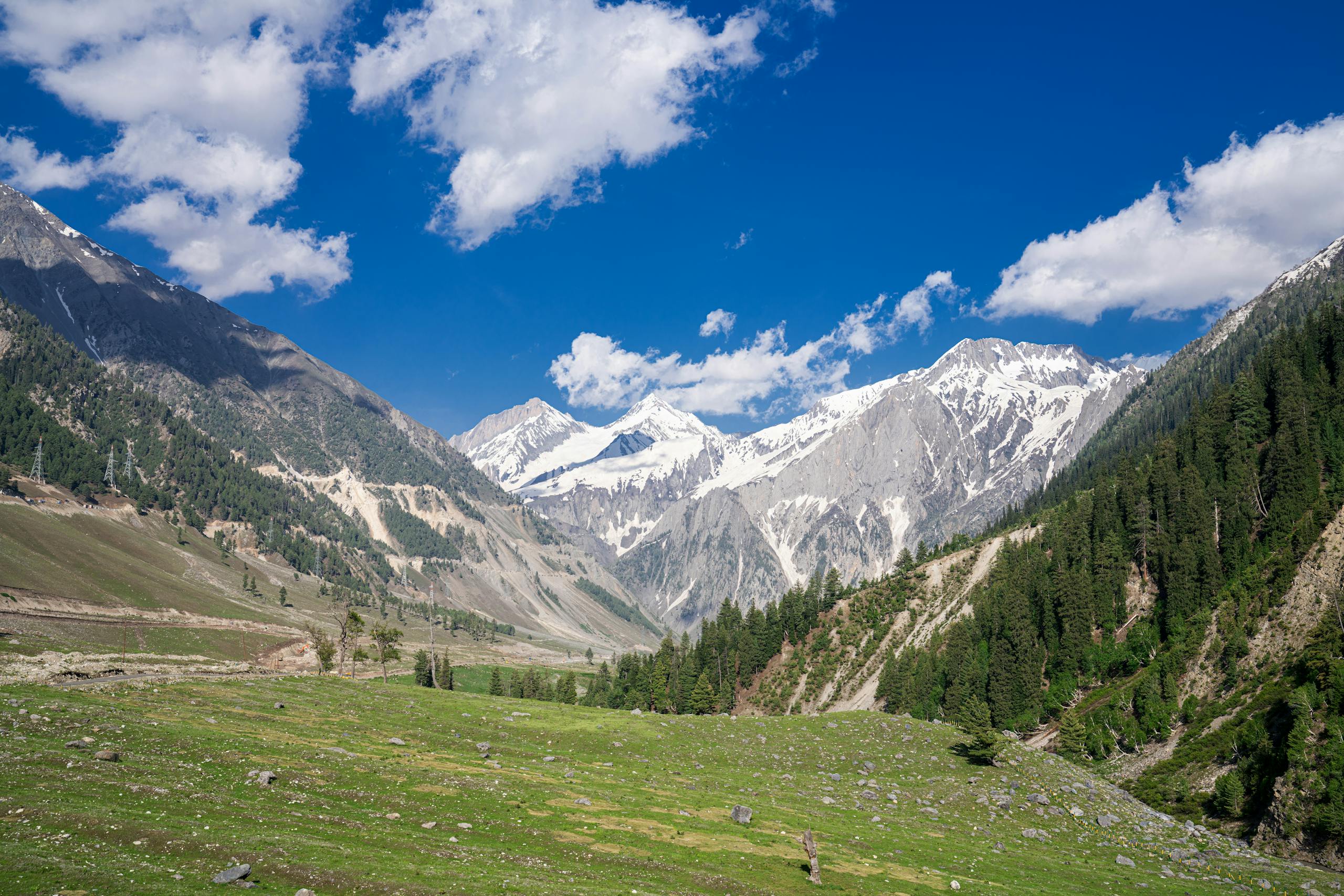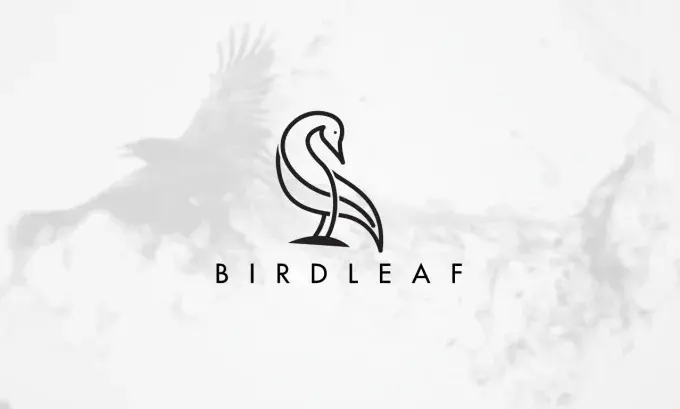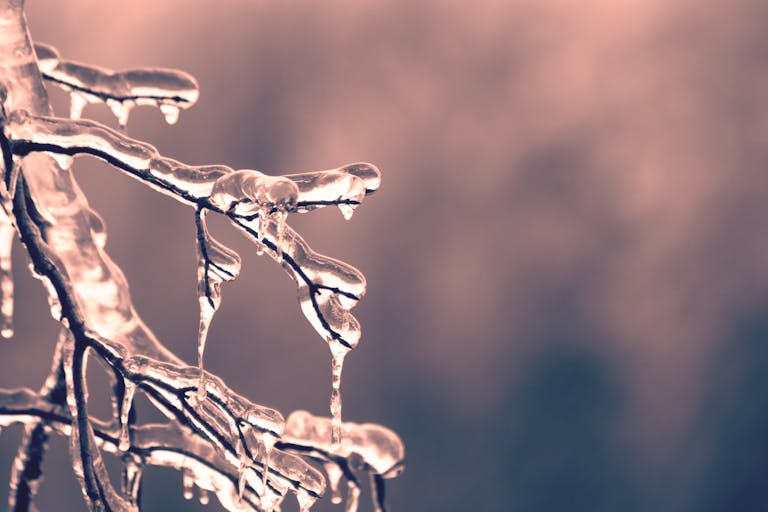Top 10 Safety Measures for Traveling to the Norden Area of Pakistan
Pakistan’s Norden area, encompassing the breathtaking landscapes of Gilgit-Baltistan and parts of Khyber Pakhtunkhwa, offers a stunning blend of majestic mountains, vibrant culture, and ancient history. However, venturing into these remote regions requires careful planning and a strong emphasis on safety. This post outlines ten crucial safety measures to ensure a smooth and memorable trip to this beautiful, yet challenging, area of Pakistan.
Norden Area of Pakistan:
1. Thorough Research and Trip Planning: This is the cornerstone of safe travel anywhere, but it’s paramount in a region like Norden. Before you even consider booking flights, thoroughly research your intended itinerary. Understand the accessibility of different areas, especially during different seasons. Some high-altitude passes may be closed due to snow during winter, while monsoon season can bring unpredictable flooding and landslides. Utilize resources like reputable travel blogs, guidebooks specifically on Pakistan’s northern areas, and forums dedicated to trekking and mountaineering in the region. Crucially, factor in potential travel delays – things don’t always go according to plan.
2. Secure Necessary Permits and Visas: Pakistan has specific regulations regarding travel to its northern areas, particularly for foreigners. Obtaining the necessary permits well in advance is essential and often involves several steps. You’ll likely need a visa for Pakistan, along with permits to access specific regions within Gilgit-Baltistan. Contact the Pakistani embassy or consulate in your country for the most up-to-date information and start the process early, as processing times can be lengthy. Furthermore, if you plan on trekking or mountaineering, permits for specific trails or mountains are often required. Neglecting this step can lead to significant delays, or even prevent your trip altogether.
3. Choose Reputable Tour Operators or Guides: While independent travel is appealing, engaging a reputable local tour operator or hiring experienced guides is highly recommended, particularly for trekking. Local guides possess invaluable knowledge of the terrain, weather patterns, and local customs. They can help navigate challenging situations, ensure your safety, and provide insights into the region’s culture. Check reviews, obtain references, and ensure your chosen operator adheres to safety standards. Don’t hesitate to ask detailed questions about their experience and safety protocols.
4. Pack Appropriately for Variable Conditions: Norden’s weather can be unpredictable. Even during summer, temperatures can fluctuate dramatically between day and night, and sudden storms are common. Pack layers of clothing, including warm jackets, fleece layers, waterproof and windproof outerwear, and comfortable hiking boots. Include essential items like sunscreen, sunglasses, a hat, and a first-aid kit stocked with altitude sickness medication (consult your doctor beforehand). Consider packing a headlamp or flashlight, as well as a portable charger for your electronic devices.
5. Stay Informed About Current Geopolitical Situations: The political landscape in Pakistan, like many regions, can shift. Before you travel and throughout your trip, stay updated on any current security alerts or advisories issued by your government or reputable news sources. Be aware of potential protests or unrest, and adjust your plans accordingly, prioritizing safety. Consulting local authorities and your tour operator about any developing situations is crucial.
6. Learn Basic Urdu Phrases: While English is spoken in tourist areas, learning basic Urdu phrases can significantly enhance your interactions with locals and improve your safety. Even simple greetings and thank yous can show respect and foster positive relationships. This can be especially helpful in more remote villages where English proficiency might be limited.
7. Maintain Constant Communication: Keep friends, family, or your tour operator informed of your itinerary and whereabouts. Regularly check in via phone or satellite communication devices, especially when trekking in isolated areas. Consider carrying a satellite phone or a personal locator beacon (PLB) in remote regions where cellular service is unreliable. This can be life-saving in case of emergencies.
8. Food and Water Safety: Pay close attention to food and water hygiene. Stick to bottled water or use water purification tablets. Choose restaurants that appear clean and well-maintained. Avoid consuming raw or undercooked food, and be cautious about street food. Food poisoning can significantly impact your trip and your health in remote areas where medical facilities might be limited.
9. Respect Local Customs and Traditions: Pakistan has a rich and diverse culture. Show respect for local customs and traditions. Dress modestly, especially when visiting religious sites or rural communities. Ask permission before taking photographs of people. Being mindful and respectful will contribute to a positive travel experience and enhance your safety.
10. Altitude Sickness Awareness and Prevention: Many areas in Norden are at high altitude. Altitude sickness is a real risk, and it’s crucial to understand its symptoms and prevention strategies. Ascend gradually, stay hydrated, and avoid strenuous activity on your first few days at high altitude. If you experience symptoms like headache, nausea, or shortness of breath, descend immediately and seek medical attention. Consult your doctor before your trip about altitude sickness medication and preventive measures.
Traveling to the Norden area of Pakistan can be an incredibly rewarding experience. By carefully following these ten safety measures, you can minimize risks and maximize your enjoyment of this stunning and culturally rich region. Remember, thorough preparation and a responsible approach are key to a safe and unforgettable journey.









